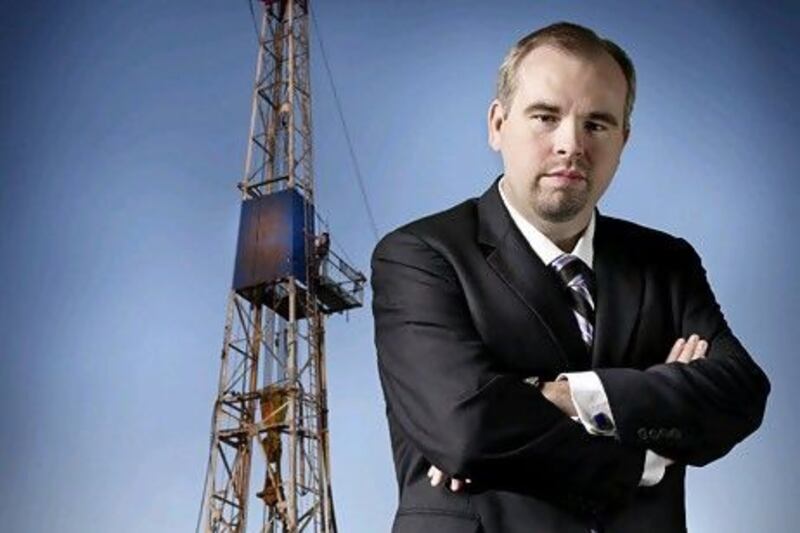Breitling Oil and Gas is one of the independent producers that have driven the shale revolution in the United States. Using "horizontal fracturing" techniques to break up deep shale formations and release hydrocarbons, they have brought about US self-sufficiency in natural gas and increased domestic crude production to a 14-year-high. Chris Faulkner, the chief executive of the Texas company, speaks about the state of the industry and Breitling's ambitions.
How important have companies such as Breitling been in the shale boom in the US?
Let's look at some stats and see if we can find an answer: during the past decade, mergers and poor economics have caused many small to medium-sized producers to depart the industry. However, in 2009 it was estimated that small producers still accounted for 85 per cent of the natural gas produced in the Lower Forty-eight states and 60 per cent of the oil production.
In 2007, the Independent Petroleum Association of America reported that independent producers develop 90 per cent of oil and gas wells in the US, producing 68 per cent of the oil and 82 per cent of the natural gas.
I would say they are extremely important and critical to shale and the industry as a whole.
It's the small guy that has the gumption to get out there and try new things and explore in areas or in ways others thought was not possible.
What will keep you competitive? Aren't you worried about large oil companies entering your US market space?
Competition is what drives every industry. It's what makes a company strive to be better.
Is the Gulf a target for overseas expansion?
It is. I believe the Middle East has huge unconventional potential. Reconnaissance and seismic data for the region are readily available due to decades of exploration in the area, saving companies millions, if not billions of dollars that would have been needed to do the same work. There are also a good number of pipelines here that, where geography and geology meet, can convey a premium to any unconventional oil production. As several countries begin to look for the oil shale opportunities, the unconventional story has the potential to be the biggest boom in the energy market in decades.
How do you assess the shale oil potential in the US?
I would easily say there is great potential for it to be a game changer. Let's just look at the Bakken shale, for example. Oil production in the US portion of the Bakken [reservoir] went from 3,000 barrels per day [bpd] in 2005 to about 400,000 bpd now. US oil resources are proving to be much larger than previously thought, and this is directly related to shale oil. I think production from tight oil will increase to 3 million bpd … by 2020. However, even at those production numbers it would not be enough to wean the US from its foreign-oil dependence, with the nation's current consumption habit of about 19 million bpd.
Are you concerned your profitability will be affected by ever-decreasing gas prices in the US?
No. We have always been an oil and liquids-focused company. Our current product mix is 81 per cent oil. However, even if we were hedged heavy in natgas, I would not be concerned.
* Florian Neuhof





